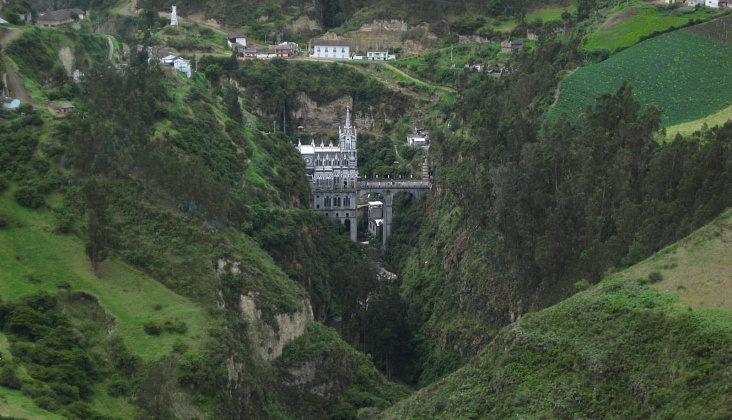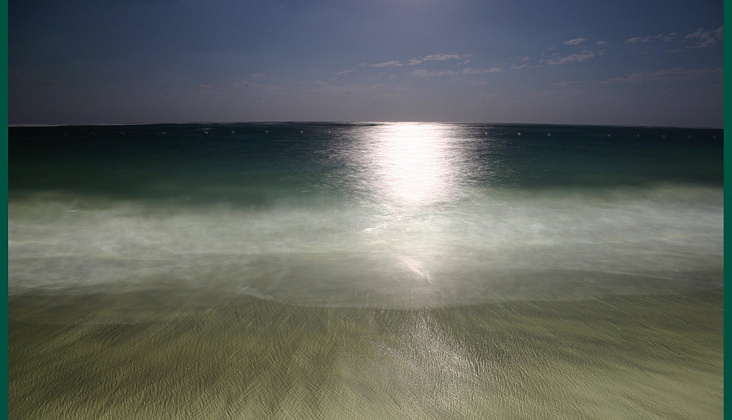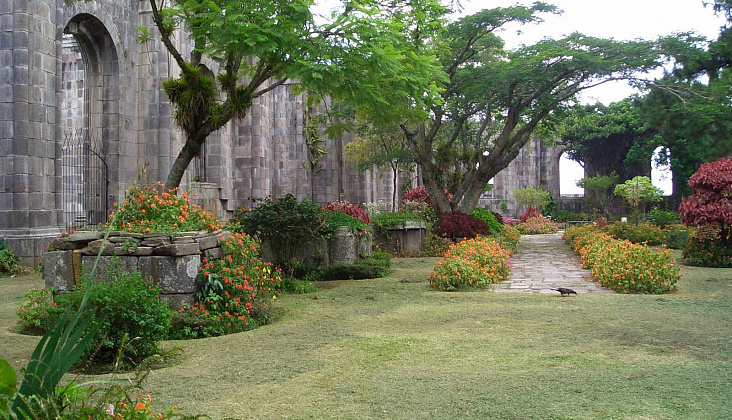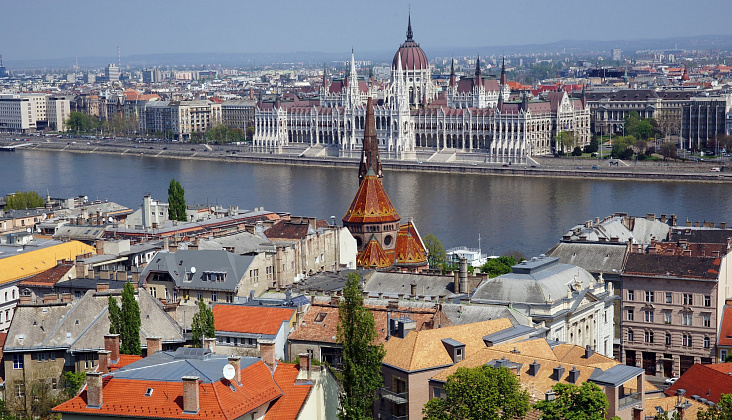Morocco is a state in northwestern Africa.
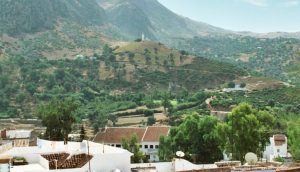 SHOPPING
SHOPPING
Shops in Morocco do not have a single work schedule. In general, they work from Monday to Friday from 08.30 to 16.30, a break from 12.30 to 14.00. Most of the trade is carried out in bazaars, of which there are many more in the country. Bazaars operate with little or no days off, with the exception of religious holidays.
Traditional purchases in Morocco are carpets, leather goods, earthenware and china, copperware, precious stones and gold products, and national clothing.
WHERE TO STAY
The country has a European classification of hotels. Hotels are mostly made in Arabic style, most – on the coast. Food is most often half board, but you can find a good all inclusive. Many 4-5 * hotels have their own fitness centers and thalassotherapy centers.
Along with classified hotels there are unclassified. Service in hotels differs from European in the direction of greater simplicity. At the same time, the “star” classification was carried out quite arbitrarily: in a five-star hotel there could easily be no hair dryers and shampoo in the room, whereas in the next “three-star” all this will be available. There is no European clarity in the work of staff.
SEA AND BEACHES
In the resort areas there are wide sandy beaches, mostly municipal ones, but many hotels equip their own beaches 30-50 meters from the ocean.
Accordingly, in all coastal hotels that have their own beach, sun beds umbrellas are free of charge. In all other hotels for an additional fee (about € 1.5).
The overall level of cleanliness of water on Moroccan beaches over the past two years (2007–2009) has grown thanks to the efforts of local authorities and beach workers.
In some parts of the coast of Morocco – tangible ebb and flow.
STORY
In the first millennium BC, the Moroccan lands belonged to Carthage. From the II century BC. Oe., after the conquest of Carthage by the Romans, began Roman rule in North Africa. In 429, the territory of modern Morocco (the Roman province of Mauritania Tingitana) was captured by the Vandals, and a hundred years later by the Byzantines.
The first Arab state in Morocco was founded in 784 by Imam Idris ibn Abdallah, who fled from Arabia. Morocco reached its greatest prosperity during the Almoravid and Almohad dynasties in the 11th and 12th centuries, when it was the center of a vast empire that occupied the territories of present-day Algeria, Libya, Tunisia and the vast territories of Spain and Portugal. However, with the fall of the Almohad dynasty, the empire collapsed.
The revival of Morocco occurred in the XVI-XVII centuries. From the beginning of the 15th century, several port cities were under the control of the Portuguese and Spaniards, but by the 16th century. most cities were again dominated by the Moroccan sultan. The state prospered and reached its greatest volume, capturing the western part of Algeria and stretching south to Guinea.
In the 17th and 19th centuries, Morocco was considered a pirate state, since in many cities actual power was in the hands of sea pirates. It is interesting that this did not prevent Morocco from carrying out diplomatic functions, in 1777 Morocco was the first state to recognize the independence of the United States.
In the years 1859-1860, Spain occupied part of the land of the sultanate, but France also claimed the territory in northwestern Africa, which in 1904 received most of the country’s territory, which was divided into French and Spanish protectorates. As a result of the Moroccan crises of 1905 and 1911. France gained most of the territory of Morocco.
After a three-year period of mass demonstrations, in a number of localities of the country, which turned into insurgent anti-French action, and the political crisis caused by attempts to change the king, in March 1956, France recognized Morocco’s independence, and in April, Spanish Morocco also gained independence, although several cities were left to the Spaniards.
Morocco is considered a traditional ally of the United States and France in the region. In June 2004, Morocco received the status of a major US ally, outside NATO.
RECOMMENDATIONS AND ADVICE
Access to mosques by non-Muslims, with rare exceptions, is prohibited. Hugging and generally showing strong emotions in public is not accepted. Unaccompanied women should exercise extreme caution.
It is not recommended to drink water from the tap or offered by water carriers on the streets – only bottled. Juices with ice, which are offered everywhere, should also be drunk with great care.
In Morocco, it is customary to eat with three fingers of the right hand, folded in a pinch. Do not touch the food with your left hand, which is considered “unclean.” Refusal of an invitation to visit (or in a cafe “for a cup of tea”) can be considered as a serious reason for insult. At the beginning of dinner, a bowl of hot “rose water” is often served for washing hands. Bread – a symbol of wealth, should be consumed economically and with dignity.
